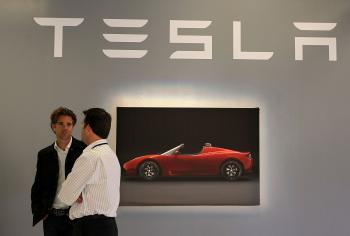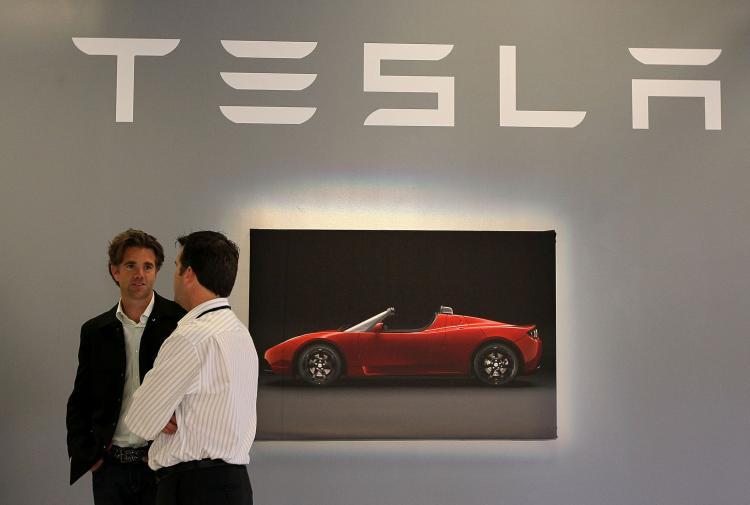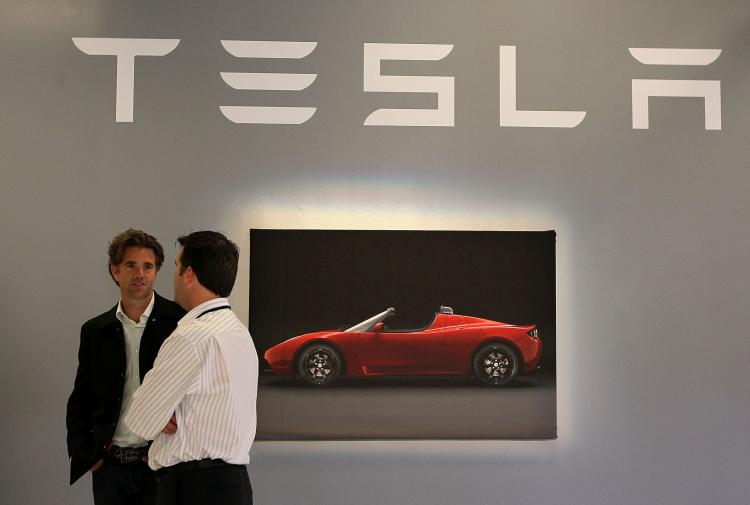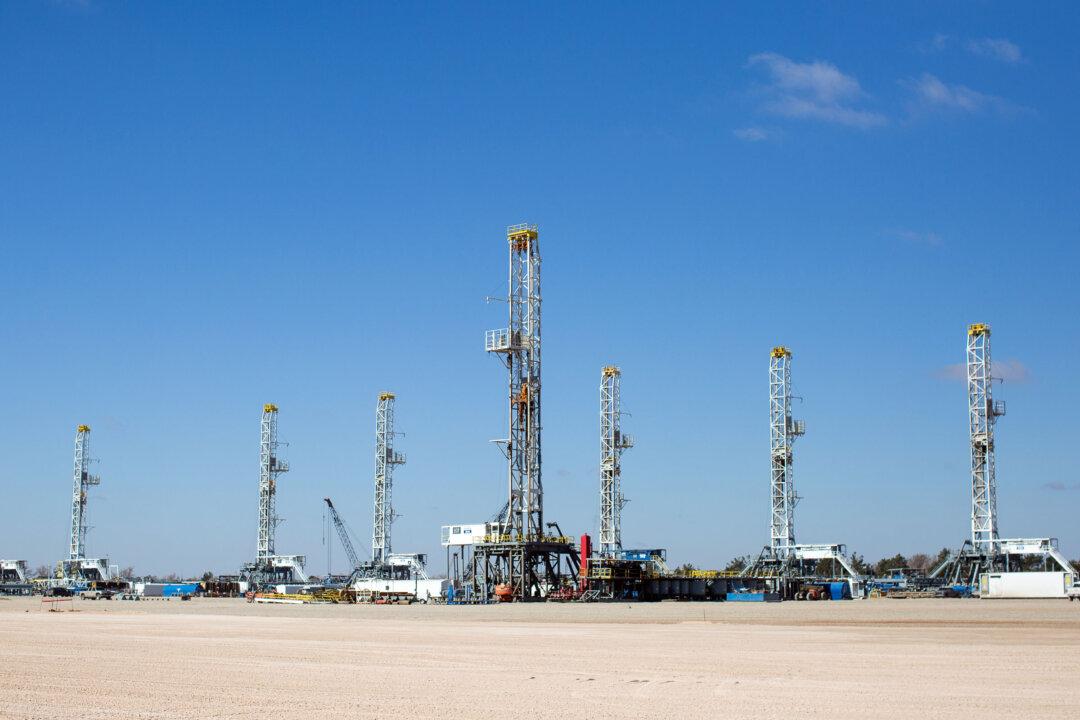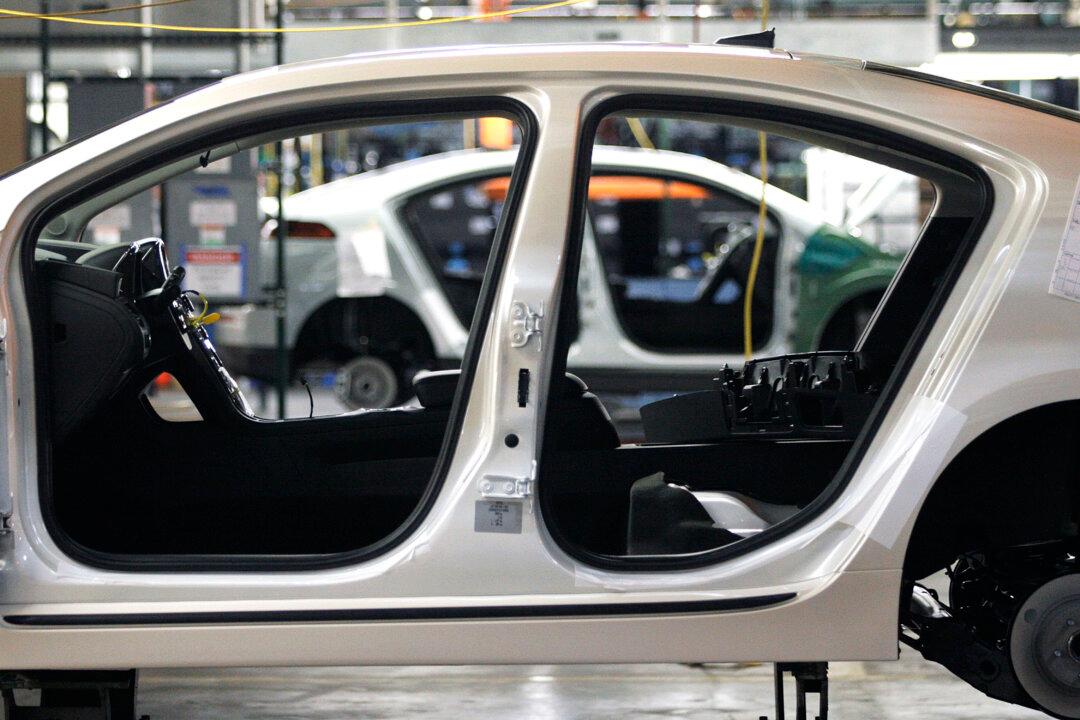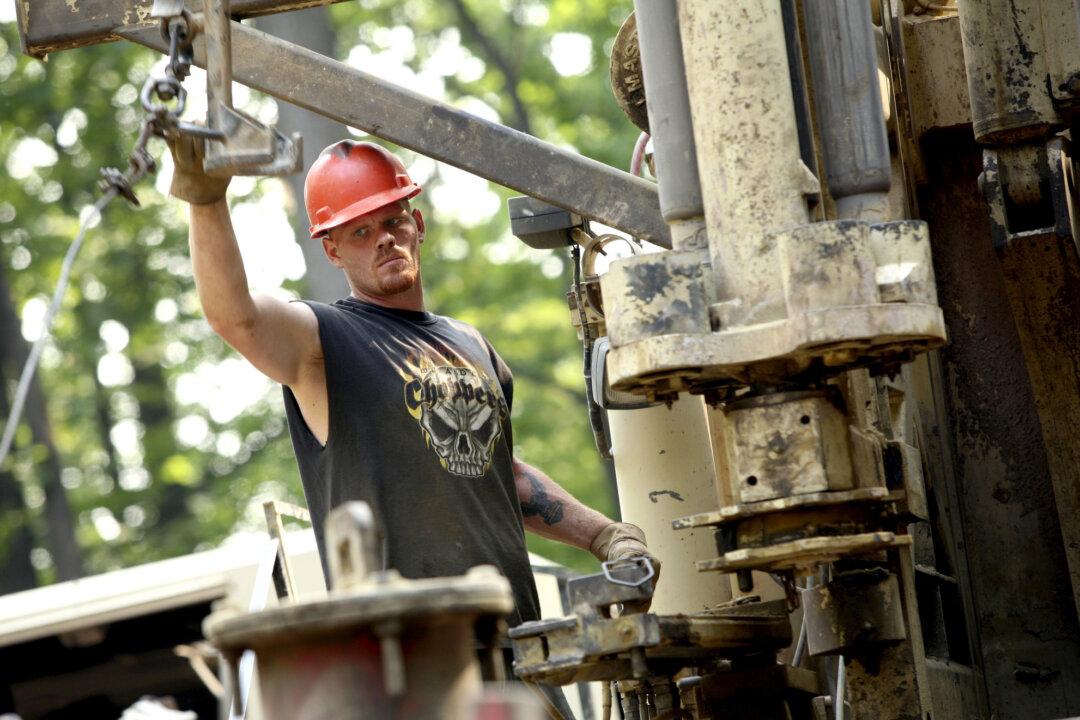Startup Silicon Valley electric carmaker Tesla Motors, Inc. has joined forces with Toyota Motor Corp. to develop electric motor vehicles in California, the companies said.
In the agreed deal, Toyota would inject $50 million of capital into the Palo Alto, Calif.-based company. In turn, Tesla has purchased the recently shuttered New United Motor Manufacturing Inc. (NUMMI) assembly plant in Fremont, Calif. to build its upcoming Model S and future cars.
Tesla applied to become a publicly traded company in January, and this partnership with the world’s largest automaker could be the first step in launching Tesla into a household name.
A partnership with Toyota builds instant credibility for an automaker some experts doubted had the skill and capital to be a major player in the electric vehicle market to become more than a niche manufacturer.
The company currently makes a single model, the Roadster—a plug-in electric sports car that sells for $110,000.
“I’ve felt an infinite possibility about Tesla’s technology and its dedication to monozukuri (Toyota’s approach to manufacturing),” said Toyota President Akio Toyoda in a statement.
“Decades ago, Toyota was also born as a venture business,” Toyoda said. “By partnering with Tesla, my hope is that all Toyota employees will recall that ‘venture business spirit,’ and take on the challenges of the future.”
Indeed, Toyota has been anything but edgy and cool these days—it has overtaken GM as the world’s biggest automaker. Its Camry sedans and Corolla models are solid, reliable people-haulers but the company today is a world apart from its entrepreneurial roots in post-war Japan.
Union of two innovators
Tesla, with its recent IPO, is looking to grow. So far, it has delivered only 1,000 units of its Roadster model to customers, a paltry amount if the company wants to be a major player in the automotive industry.
“Tesla’s goal is to produce increasingly affordable electric cars to mainstream buyers—relentlessly driving down the cost of EVs,” the company said in a statement last week.
The Roadster is an eye-catching car. But with its high-performance track-record and a high sticker price, it’s anything but affordable to mainstream consumers.
Tesla’s vision inevitably starts with the Model S, a sedan that will sell for around $50,000. It would be built in the NUMMI plant. NUMMI, not so coincidentally, was the birthplace of another Toyota alliance—that with General Motors, which extends back 25 years. GM and Toyota collaborated in the 80s to build a slew of small, compact vehicles, which were considered as fresh and out-of-place back then as electric cars are today.
In turn, Tesla will hire around 1,000 workers at the NUMMI plant, though the number is far fewer than the 4,700 recently laid off after GM and Toyota idled the plant.
For Toyota, at one glance it might be odd that the world’s leading hybrid car maker is looking for some electric know-how. But looking around the industry, while Toyota is the leader in hybrids, it might be behind its rivals Nissan Motor Co. and GM in plug-in electric cars. Nissan and Chevrolet both plan to offer all-electric vehicles by next year in the form of the Nissan Leaf and the Chevrolet Volt.
More issues to iron out
While the ink has barely dried on their agreement, the Tesla-Toyota venture is already facing potential issues.
The United Auto Workers union asked that Tesla hire back the workers recently laid off from the NUMMI plant. “Our union’s hope is that this venture will give first hiring preference to former NUMMI employees who are already trained and highly skilled,” said UAW in a press statement.
“Please do not let the unions ruin what Tesla has [done] thus far,” commented one reader on MarketWatch. “Nothing could make an electric car company go down in flames faster, than letting the UAW in the door. See GM, Chrysler … for proof.”
And we haven’t even gotten to the type of cars the alliance would build in the new plant. The $50,000 Tesla Model S is still around $20,000 more expensive than Nissan and Chevrolet’s offerings, and state and federal authorities are still debating over development of a network of recharging stations across the country.
